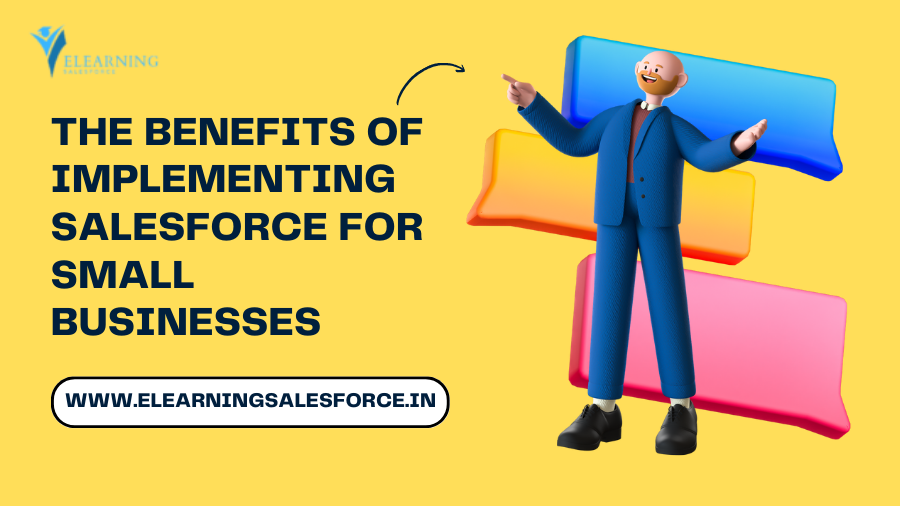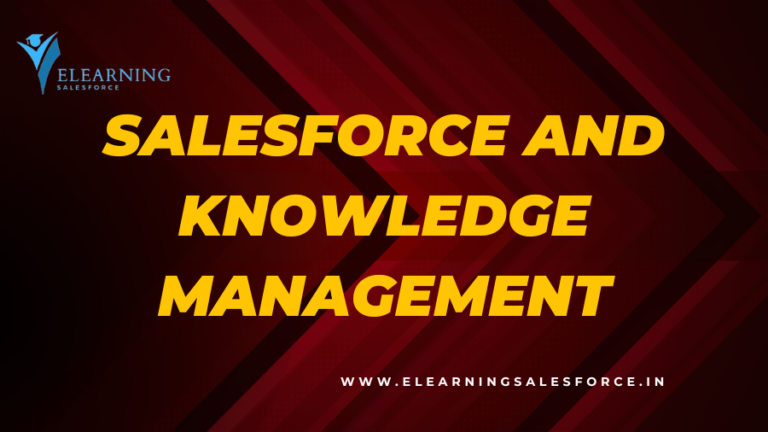Introduction: Salesforce Platform Events
Salesforce Platform Events: In the dynamic landscape of customer relationship management (CRM), staying ahead means embracing innovations that transform the way organizations interact with their data and users. Salesforce Platform Events, a robust feature of the Salesforce platform, offers just that – a real-time, event-driven architecture that opens up a world of possibilities for seamless collaboration and data synchronization. In this blog post, we’ll explore the essence of Salesforce Platform Events, understanding their significance and how they elevate the CRM experience.
I. Understanding Salesforce Platform Events:
At its core, Salesforce Platform Events enable the creation and delivery of custom notifications in real-time. These events represent occurrences within the Salesforce ecosystem that are relevant to a specific application or business process. Unlike traditional triggers, Platform Events decouple event producers from event consumers, allowing for more flexible and scalable integrations.
- Event-Driven Architecture: Platform Event introduce an event-driven paradigm to Salesforce, enabling a loosely coupled architecture where different parts of an organization’s system can communicate without being directly dependent on one another. This decoupling fosters flexibility and agility in system design.
- Publish-Subscribe Model: Platform Events operate on a publish-subscribe model. When an event occurs (published), subscribers who are interested in that event are notified and can take predefined actions. This model is highly efficient for distributing information across systems and applications.
II. Use Cases for Salesforce Platform Events:
- Real-Time Data Synchronization: Platform Events are instrumental in keeping data synchronized across various systems in real-time. For example, when a record is updated in Salesforce, a Platform Event can trigger actions in external systems, ensuring that information is consistently up-to-date.
- Integration with External Systems: Salesforce Platform Event facilitate seamless integration with external applications and services. By publishing events related to specific business processes, organizations can trigger actions in external systems, creating a cohesive and interconnected ecosystem.
- Cross-Object Communication: Platform Event enable communication between different Salesforce objects without direct dependencies. For instance, when an opportunity is won, a Platform Event can trigger processes related to invoicing, customer notifications, and more, enhancing cross-object collaboration.
III. Implementation and Configuration:
- Event Definition: Define custom events that represent meaningful occurrences in your business processes. Specify the fields and data associated with each event type to ensure relevant information is communicated.
- Triggering Platform Events: Utilize Apex triggers to publish Platform Events when specified conditions are met. This ensures that events are generated in response to relevant changes in the Salesforce environment.
- Subscribing to Events: Implement Apex triggers or external applications as subscribers to Platform Events. Subscribers listen for events and take predefined actions based on the information received.
IV. Advantages of Salesforce Platform Events:
- Scalability: Platform Events support a scalable architecture, allowing organizations to handle a high volume of events efficiently. This scalability is crucial for businesses experiencing growth and evolving data requirements.
- Loose Coupling: The decoupled nature of Platform Events promotes loose coupling between different systems, reducing dependencies and enhancing flexibility. This flexibility is particularly valuable in complex enterprise architectures.
- Real-Time Visibility: Platform Events provide real-time visibility into business processes by instantly notifying relevant parties of critical events. This real-time awareness enables proactive decision-making and responsiveness.
Conclusion:
Salesforce Platform Events represent a transformative shift in how organizations approach data synchronization, communication, and collaboration. By adopting this event-driven architecture, businesses can create a more agile and responsive CRM ecosystem that adapts to evolving needs. As real-time collaboration becomes increasingly critical, Salesforce Platform Events stand as a powerful tool for organizations looking to stay ahead in the competitive world of CRM. Embrace the era of real-time connectivity and elevate your CRM experience with Salesforce Platform Event.



